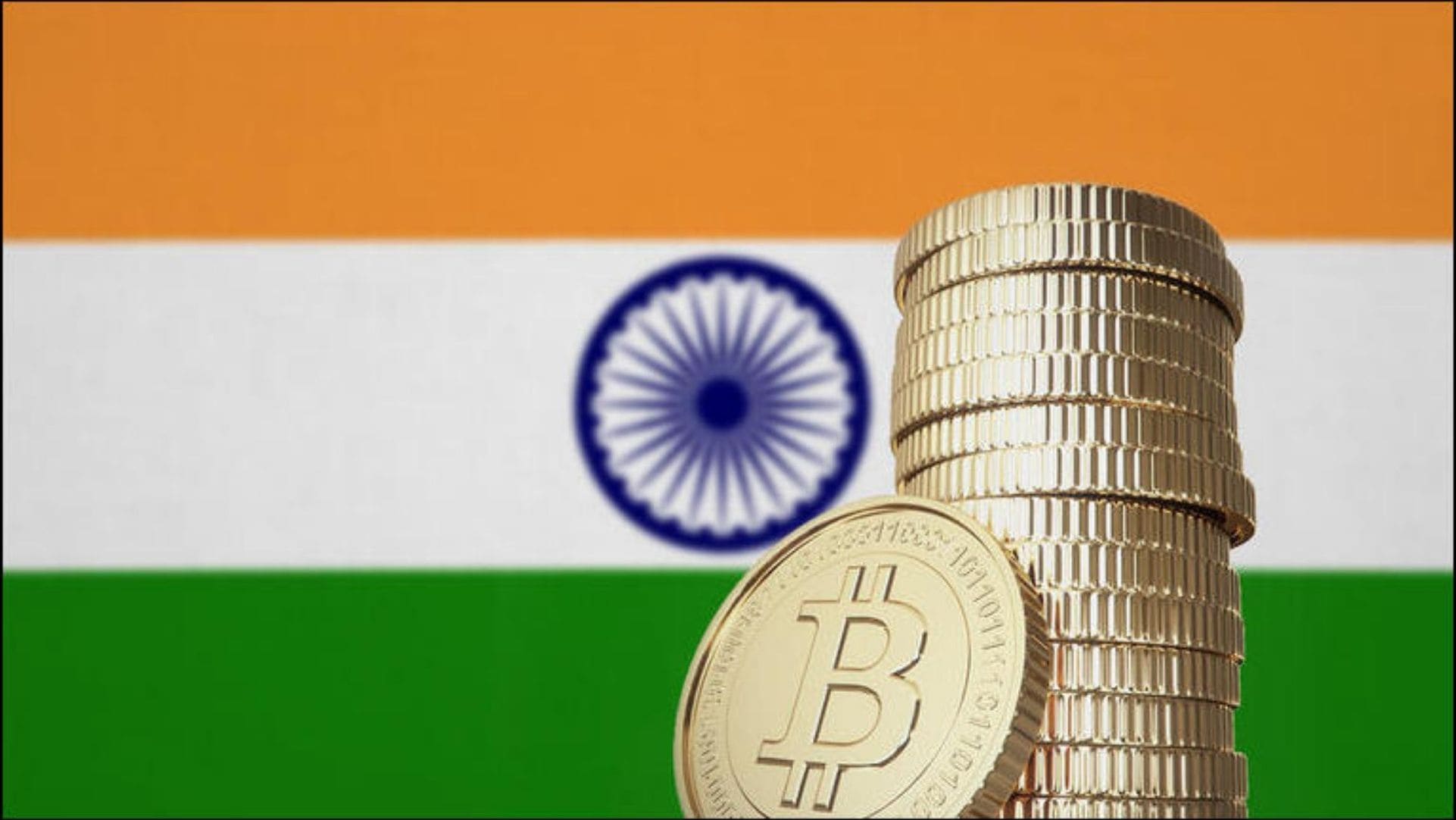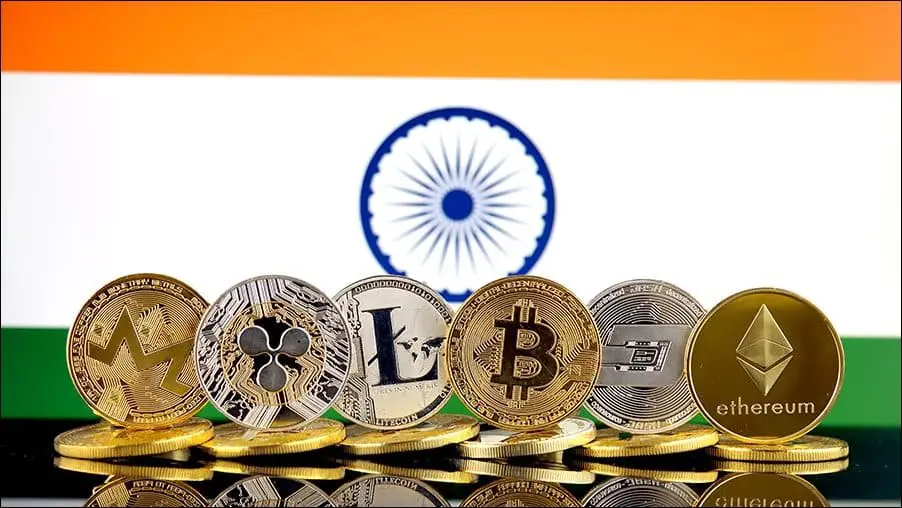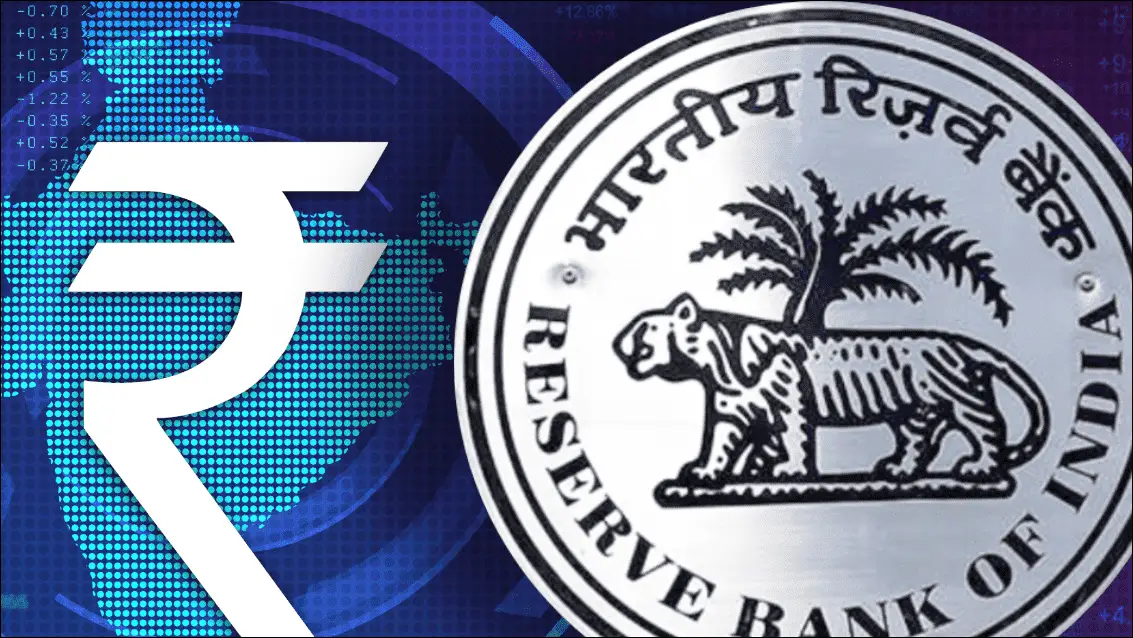On February 01, 2022, Finance Minister announced the Budget for 2022-2023. This year, one of the highlights has been the acknowledgment of virtual digital assets, mainly cryptocurrencies. Due to the increasing popularity and growth in the crypto space last year, a new scheme to provide for taxation of such virtual assets has been proposed in the Bill. We will take a look at the provisions proposed and answer some questions related to crypto tax in India.
Also, Read | Top 7 Budget 2022 Announcements for Transforming Digital India
Answering 10 Questions Related to Crypto Tax in India
Before we jump into questions, let us look at the proposed Bill and what taxation has been applied to virtual assets. You can read the provisions below.
Provisions for Virtual Digital Assets
- Virtual Digital Assets will be taxed at 30% on Gains/Profits.
- No deduction of any expenditure or allowance on tax except the acquisition cost.
- Loss from the sale of digital assets cannot be set off against any other income. It can only be set off against the gains from other Virtual Digital Assets.
- Loss from the transfer of Digital Assets will not be allowed to carry forward to the next assessment year.
- Gifts of Virtual Assets are to be taxed in the hands of the recipient.
- Payment TDS rate is 1% above the threshold.
- RBI will soon roll out its version of a Digital Rupee, which will use blockchain technology.
Q1. When will these policies come into effect?
A. The Bill will impose a 30% tax on profits on the transfer and sale of virtual assets from the 1st of April, 2022 while the provisions for TDS will come into effect from the 1st of July, 2022.
Q2. Is cryptocurrency now Legal in India?
A. No, although it may seem like it since they are being taxed now. But they cannot be considered legal till a Cryptocurrency Bill is passed, which legalizes Virtual Digital Assets.
Q3. What is considered a Virtual Digital Asset?
A. There is much speculation as to what will come under Digital Assets, and it will be clarified further after the stakeholder’s meeting. But as of now, this is the official meaning of Virtual Digital Asset according to the Finance Bill:
Any information, code, number, or token (not being Indian or foreign currency) generated through cryptographic means or otherwise that can be traded, stored or transferred electronically.
Q4. What are the terms of the Crypto tax?
A. Crypto Tax will be the tax imposed on virtual digital assets according to the Budget 2022. Here are the points explaining important terms of the Crypto Tax:
- Gain earned from the transfer of Virtual assets will be taxed at 30%. No tax will be charged on loss.
- Deduction of only the acquisition of the asset is allowed. That is, the cost of buying the cryptocurrency will be deducted. No other charges deducted by the exchange are accounted for.
- This 30% tax will be paid on annual gains.
- The crypto tax doesn’t distinguish between short-term and long-term holdings.
Q5. What are the terms of TDS for Virtual Digital assets?
A. TDS stands for Tax Deducted at the Source. The Budget proposed that 1% of TDS will be charged on payment concerning the transfer of virtual assets.
- You will be charged 1% of TDS for every transaction related to cryptocurrency.
- The minimum threshold of TDS is transactions worth Rs 50,000 in a year.
- This is applied to capture the transaction of the cryptocurrency market since cryptocurrency transactions are largely known for being anonymous.
Q6. Who will be responsible for filing TDS?
A. The Buyer will have to file the TDS on behalf of the seller when purchasing cryptocurrency. It is likely we will see Crypto exchanges in India implement a system to deduct TDS along with other charges when you sell your virtual assets.
Q7. What are the terms for Gifting Virtual assets?
A. When you gift someone digital assets, the receiver of the gift will have to pay 30% tax based on the current value of the gift. This does not include any gains that you will earn from the gifted assets in the future.
Q8. Are Airdrops also counted as gifts?
A. Yes, airdrops will be counted as a gift since it is an asset you previously did not own. As the receiver, you will be taxed 30% of the current value of the airdrop.
Q9. Is Digital Rupee also going to be taxed?
A. The 30% tax will be imposed on private cryptocurrencies and other digital assets. RBI’s Digital Rupee will not fall under this taxation rule since it is fiat currency.
Q10. How crypto tax in India will affect Crypto Miners?
A. Currently there is no clear answer for this. The Bill does not provide any deductions on expenditures like cooling, equipment, electricity, or importing PC parts which are the primary resources that are required for mining cryptocurrency.
Related Article | 5 Ways to Buy Things Using Bitcoin & Other Cryptocurrencies India
There are still a lot of questions that relate to private wallets, pier to pier transactions, and DeFi that cannot be answered now since there are no proper guidelines for them as of now. There will certainly be more developments regarding this in the future and a lot of changes that are to be discussed.
Wrapping Up: Crypto Tax in India
The current tax rates are high but also show India’s first step towards supporting cryptocurrency and other virtual assets but we cannot say just yet that cryptocurrency is now legal in India. There are still a lot of factors that need to be re-evaluated and some grey areas that need to be looked upon thoroughly. But It is far better than banning cryptocurrency which should be appreciated.
You can also follow us for instant tech news at Google News or for tips and tricks, smartphones & gadgets reviews, join GadgetsToUse Telegram Group or for the latest review videos subscribe GadgetsToUse Youtube Channel.






